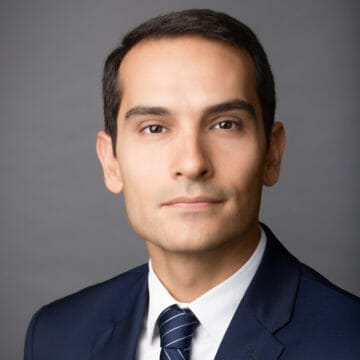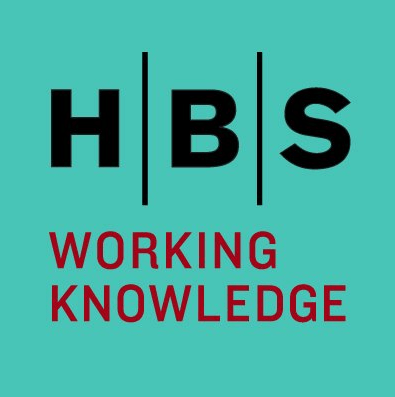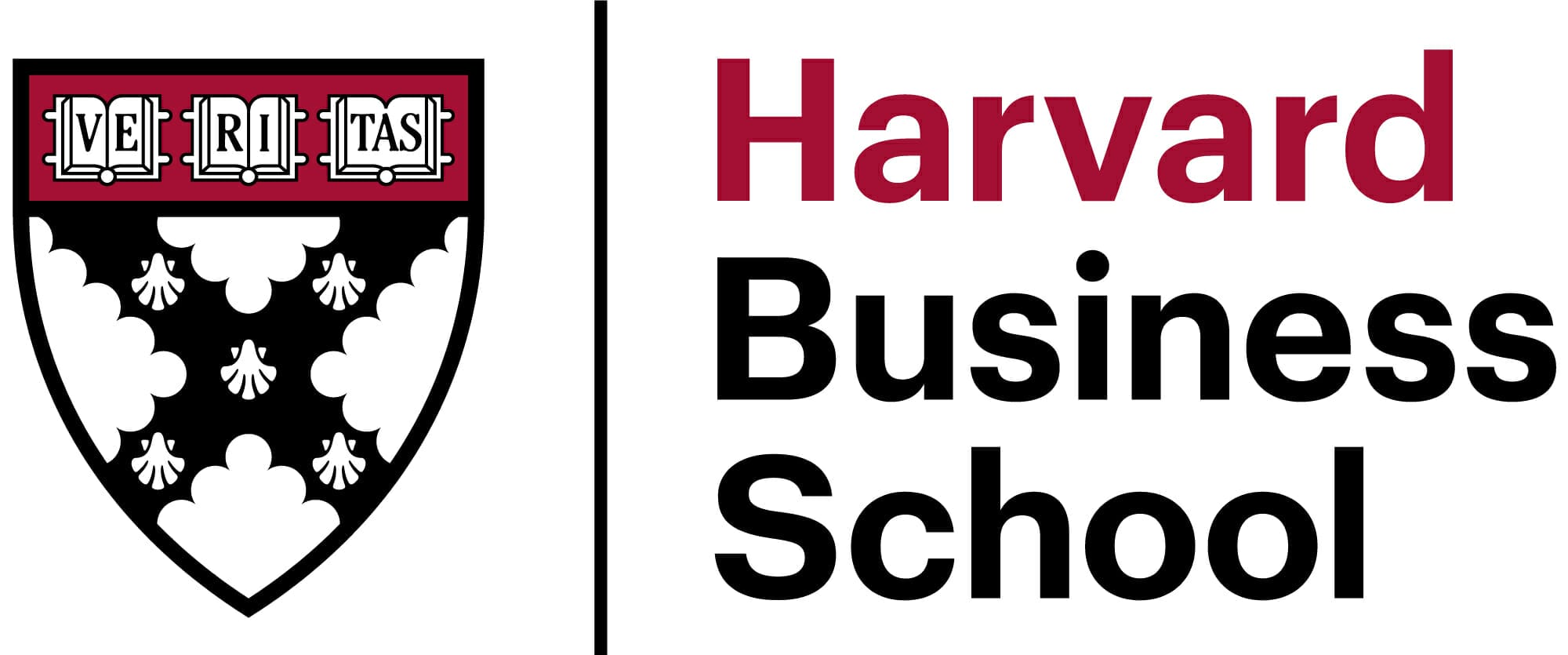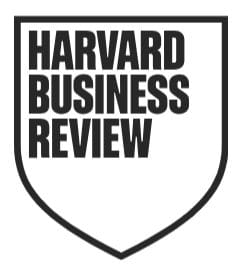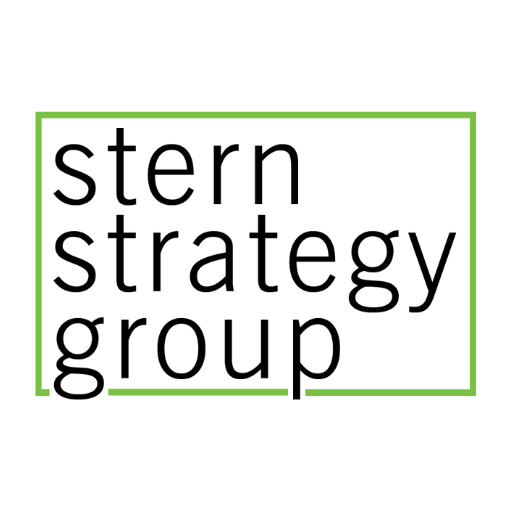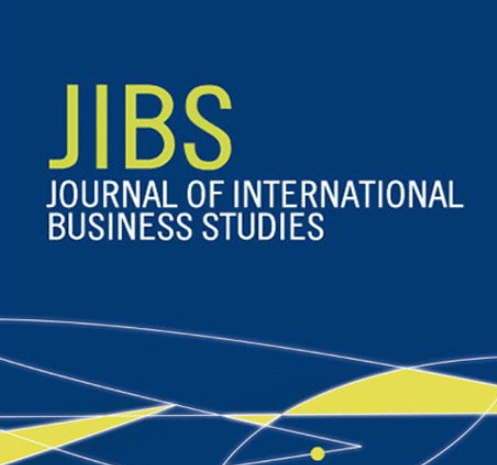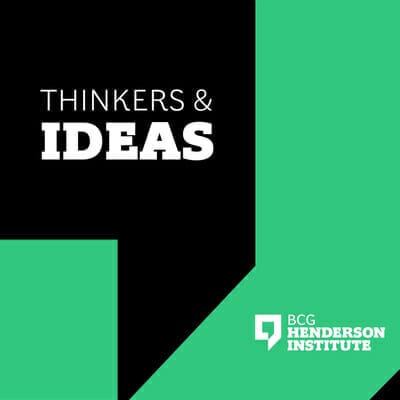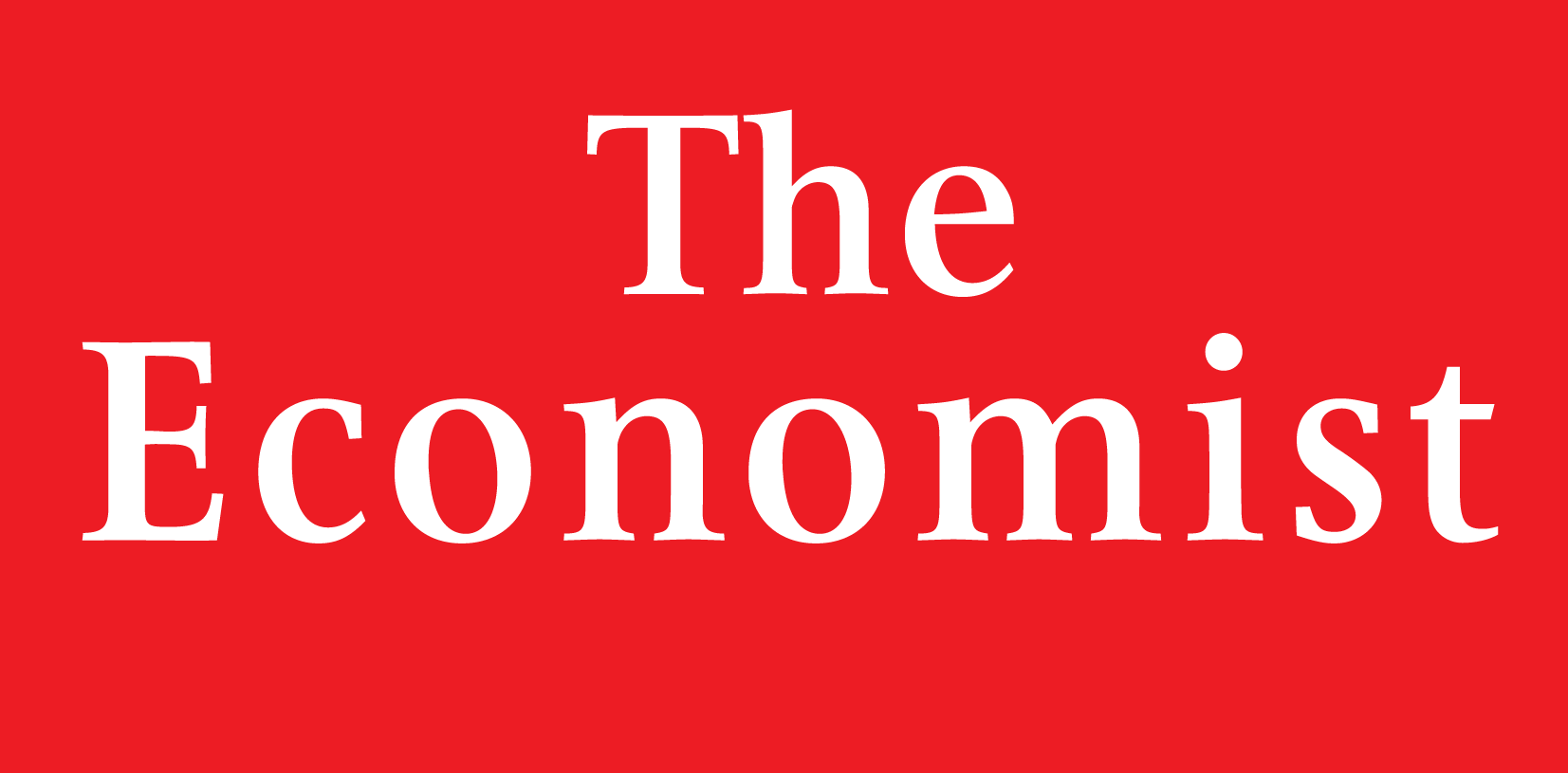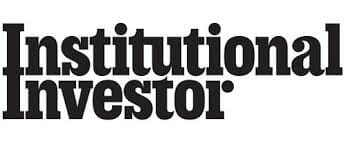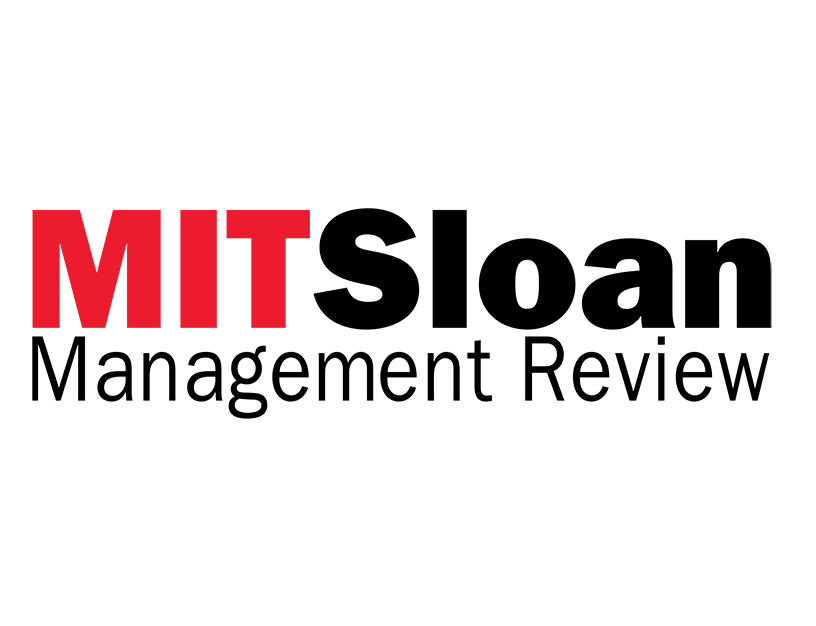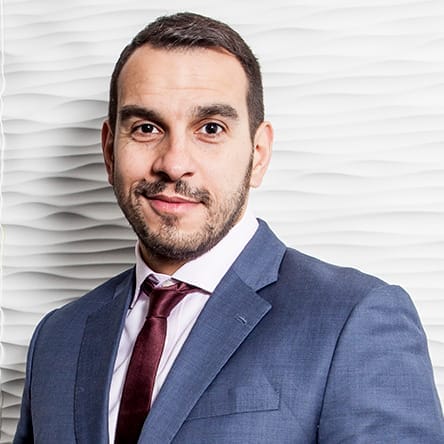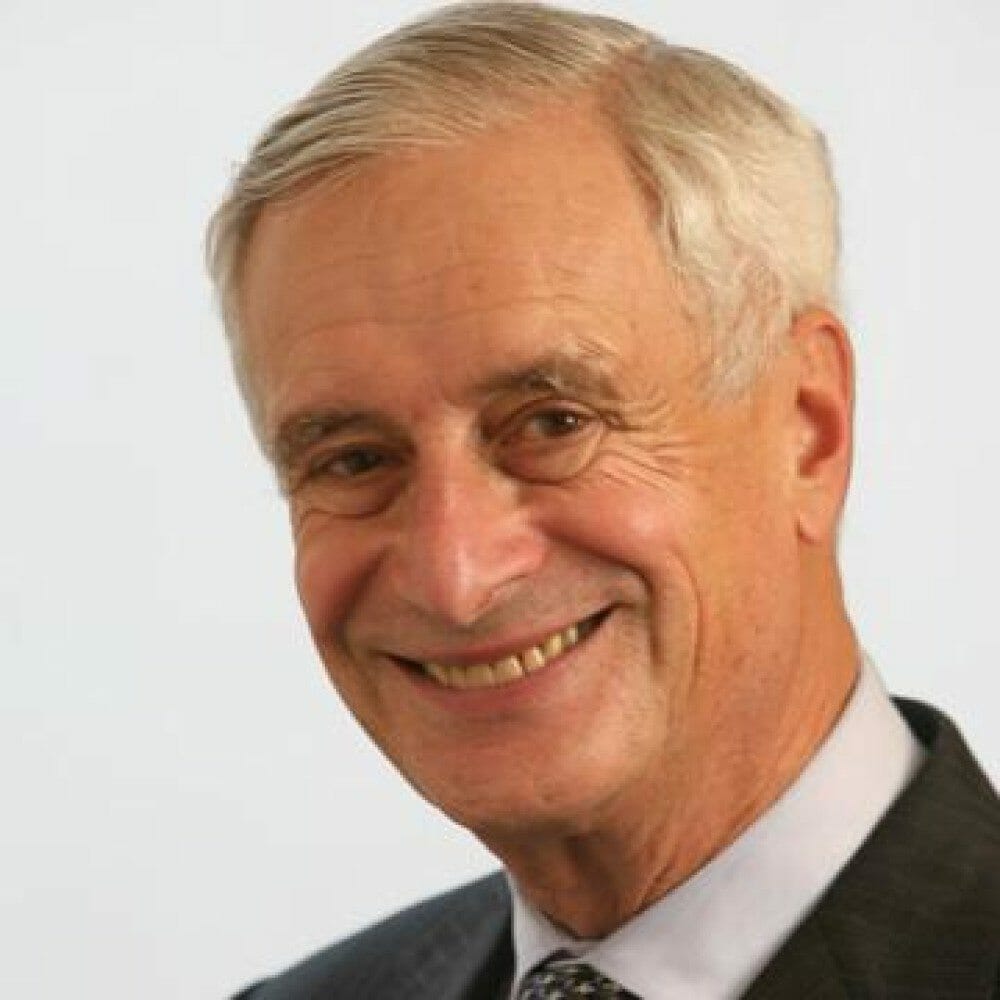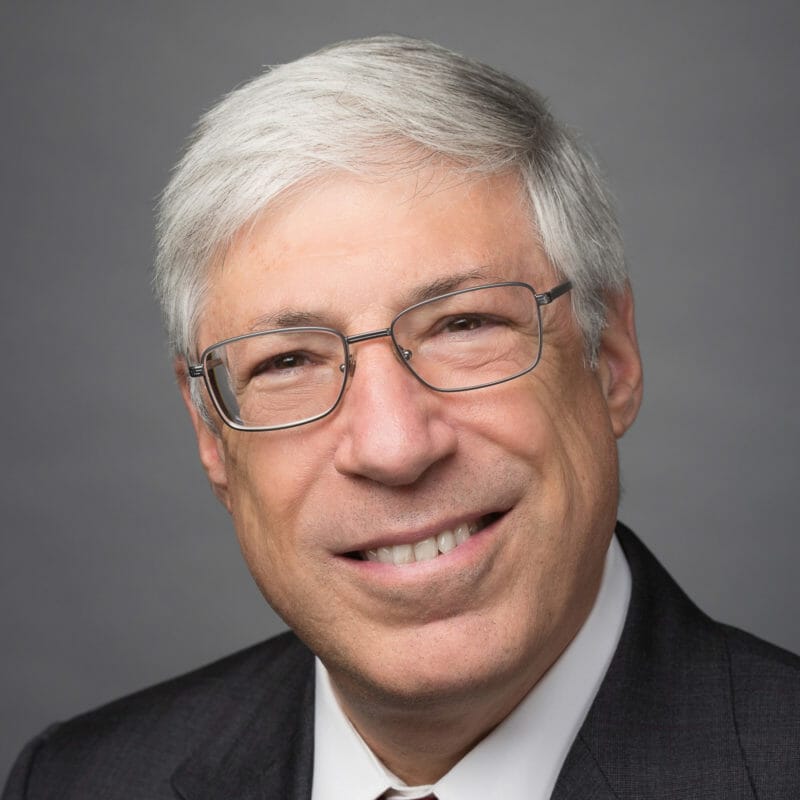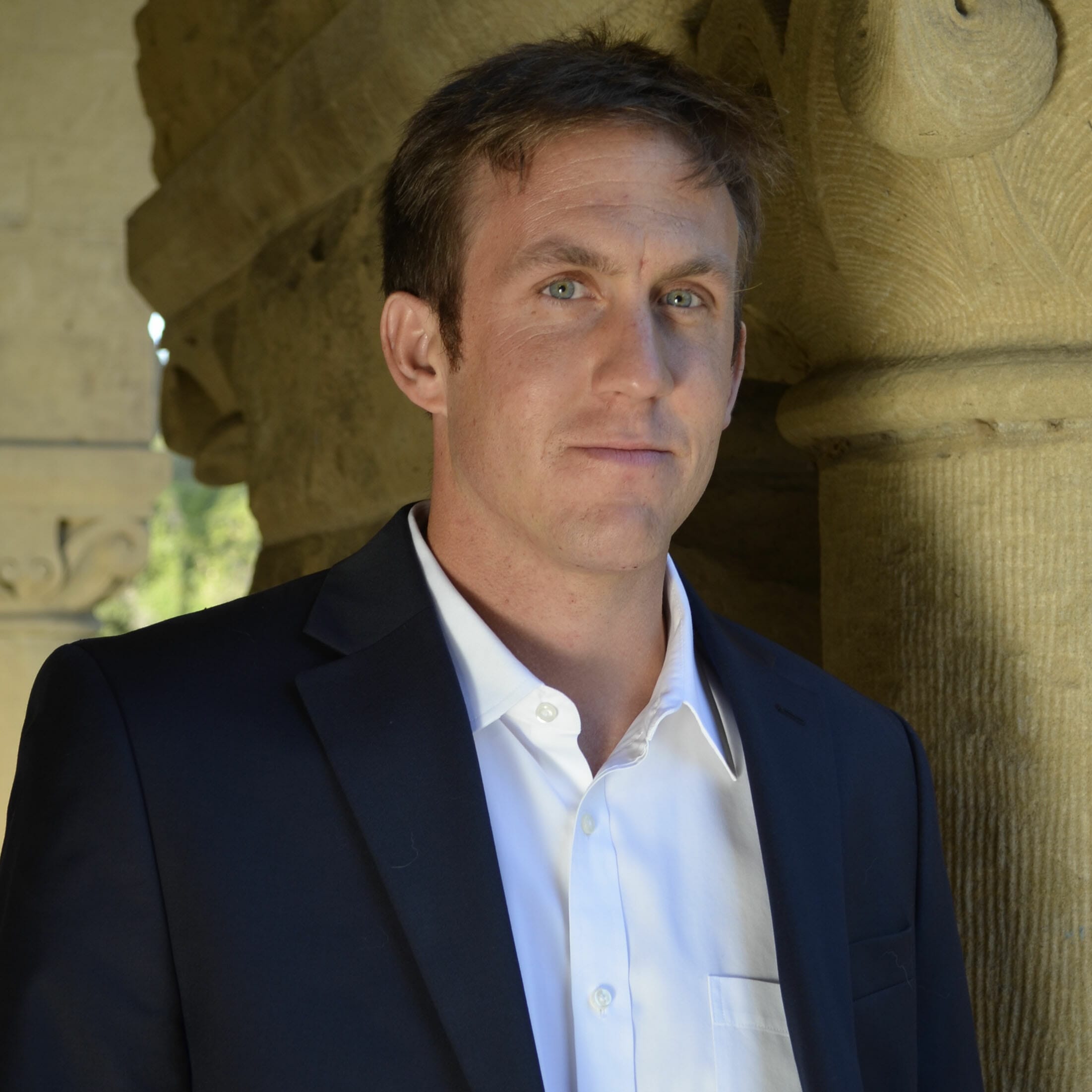Videos
Learn More About George Serafeim
In recent years, boards and investors have started realizing that a strategic approach to managing environmental, social and governance issues (ESG) can significantly boost a company’s bottom line, reputation and ability to compete. They are also realizing that customers, employees and supply chains are closely watching how organizations perform in these areas and holding them accountable.
Helping leaders move beyond simply meeting regulatory requirements to extracting real value – while positively impacting society – is Harvard Business School professor, business advisor and multi-award-winning investment strategist George Serafeim. His pioneering work on tracking and building the data around ESG issues in the last decade led to his becoming one of the world’s foremost authorities, and he continues to advance the field.
Named “one of the most influential people in ESG investing” by Barron’s, Serafeim works closely with boards, executives and managers on ESG initiatives, providing performance measurements, conducting future scenario analyses, and keeping decision makers apprised of what lies ahead in the regulatory space so they can strategically plan forward.
“There are some fundamental differences between early ESG research and today’s – what we call the 2.0 version of ESG. We are now putting more emphasis on materiality, understanding how and why ESG issues are financially material,” says Serafeim. “By leveraging data science and other new sources of information, we are able to tackle big problems while helping portfolios and companies perform better.”
In addition to teaching courses in the Harvard MBA, executive education and doctoral programs, Serafeim co-teaches the megahit class “Reimagining Capitalism: Business and Big Problems” with Professor Rebecca Henderson. This increasingly popular class received the Ideas Worth Teaching Award from the Aspen Institute and is ranked the #1 course at Harvard Business School according to student surveys.
Outside of Harvard, Serafeim is co-founder of technology firm Richmond Global Sciences. His book, “Purpose and Profit: How Business Can Lift Up The World” (HarperCollins Leadership, August 2022), offers leaders a roadmap to executing ESG strategy based on his years of pioneering research and practice.
Described by The Financial Times as “a turning point for companies and investment managers in integrating ESG issues into business and investment strategies,” Serafeim’s research is grounded in more than 30 studies that went deep inside organizations to understand their ecosystems – how they set targets, their metrics, culture, how they practice transparency and how leaders enable their teams to make progress toward sustainability. His recent research on the Impact-Weighted Accounts Project lays out methodologies and models for measuring costs and benefits associated with a firm’s actions and provides tools for analyzing both performance and impact. Positive impact offers organizations a competitive advantage in the “race to the top” and a tangible way for them to communicate transparency to interested investors, supply chains, employees and customers.
“Companies must move beyond box checking and window dressing,” says Serafeim. “In a world that increasingly judges them on their ESG performance, they must look to more fundamental drivers—particularly strategy—to achieve real results and be rewarded for them.”
As boards, executives and managers are increasingly being tasked with addressing ESG issues, Serafeim’s ability to help leaders strategically and proactively plan forward offers firms a unique opportunity to reap significant returns while serving society.
George Serafeim is the Charles M. Williams Professor of Business Administration at Harvard Business School. He currently serves as an advisor to the boards of several investment firms that focus on ESG issues as catalysts for value creation in the U.S., Europe and Asia. Recently, he was elected to the Board of Directors of Liberty Mutual. Professor Serafeim has held several positions of leadership. He is the co-founder of the advisory services firm KKS Advisors and the technology firm RG Sciences, and an academic partner at State Street Associates. He serves on the board of directors of AEA-Bridges Impact Corp., the steering committee of the Athens Stock Exchange and as the Chairman of Greece’s Corporate Governance Council. Moreover, he has extensive experience in the investment management industry serving on the advisory board of investment firms in the US, Europe and Asia, that focus on ESG issues as catalysts for value creation. He has served on several not-for-profit organizations including the board of directors of the High Meadows Institute and the Standards Council of the Sustainability Accounting Standards Board.
Serafeim has presented his research to government and business leaders in over 60 countries including talks at the World Economic Forum at Davos and the Aspen Ideas Festival, and he is ranked top 10 among over 12,000 business authors by the Social Science Research Network. His widely cited work has been published in the most prestigious academic and practitioner journals, including Management Science, The Accounting Review, Strategic Management Journal, Journal of Accounting and Economics, Journal of Finance, Organization Science, Journal of Accounting Research and Harvard Business Review. His research is regularly cited in the media, including The New York Times, Bloomberg, Financial Times, The Wall Street Journal, Economist, BBC, Le Monde, Washington Post and NPR. He is the recipient of multiple awards and recognitions, including the Pericles Leadership Award from the Hellenic Republic and the Kim B. Clark Fellowship on Responsible Leadership at Oxford University for his research on corporate sustainability and the integration of ESG issues in investing. He also won the 2022 JIBS Decade Award for his 2012 co-authored paper, What Drives Corporate Social Performance? The Role of Nation-level Institutions.
Serafeim earned his doctorate in business administration at Harvard Business School, where his dissertation was recognized with the Wyss Award for excellence in doctoral research. He received a master’s degree in accounting and finance from the London School of Economics and Political Science, where he was awarded the Emeritus Professors’ Prize for best academic performance.
George Serafeim is available to advise your organization via virtual and in-person consulting meetings, interactive workshops and customized keynotes through the exclusive representation of Stern Speakers & Advisors, a division of Stern Strategy Group®.
Build Value by Strategically Implementing ESG Initiatives
Most boards and executives are surprised to learn that environmental, social and governance (ESG) initiatives offer them a powerful opportunity to strategically build value. When operating a business – especially a big corporation – it’s hard to know what kind of impact the manufacturing and distribution of products is having on supply chains, society and the planet. During the last 10 years, research around ESG issues has been offering leaders in every industry metrics for determining how well they are performing in terms of impact, and how they can extract the most value from their activities. In this presentation, Harvard Business School professor George Serafeim explains how organizations can proactively build ESG programs that generate value while reducing harm to the resources they rely on for long-term growth, creating a win-win for the environment and their bottom lines. He also highlights what’s ahead in the regulatory space so they can strategically plan forward and explains why implementing ESG successfully translates to job security.
Smart ESG: Strategic Investing in the Era of Climate Change
There is broad scientific consensus that to avert the most catastrophic consequences from climate change, we need to reach net zero emissions across many regions by the middle of the 21st century. Should this goal not be reached, the uptick in natural disasters will render many organizations’ long-term growth plans irrelevant. According to Harvard Business School Professor George Serafeim, the good news is that while a transition to net zero creates some risks, it also presents opportunities for organizations and their investors. In this presentation, Professor Serafeim provides a holistic overview of climate-related risks and opportunities, under different scenarios, with an emphasis on measuring, valuing and designing data analytics, investment processes, products and contracts through the lens of climate change.
Reimagining Capitalism: The Critical Role of Leaders and Firms in Solving Global Problems
Understanding two of the world’s biggest problems – environmental degradation and inequality — is a first step toward solving them, and when it comes to implementing solutions, private sector firms have a critical role to play. In this presentation, Professor George Serafeim reviews the origins of capitalism, its emergence over the course of the last 300 years and its different forms over history and across the world. He then explores the different meanings of shareholder value in our current system and points to examples of leaders and firms that have reimagined their roles and goals through the lens of ESG initiatives. He also highlights the broader implications of such actions on economies. Participants come away with a greater understanding of the strengths and weaknesses of capitalism and better equipped to incorporate sustainability and environmental, social and governance (ESG) considerations into their business strategy and operations.
When Deciding Where to Invest, Examine ESG Data
Investors looking for companies with strong prospects for long-term growth must now judge them based on their environmental, social and governance (ESG) data. A clear understanding of a firm’s impact on supply chains, employees and the planet offers investors a window into a company’s potential resilience and longevity. Based on years of research focused on measuring, driving and communicating corporate performance, Harvard Business School professor George Serafeim – one of the world’s foremost authorities on ESG investment strategies – offers decision makers tools for determining which companies are moving in the right direction and worth funding.
The ESG Race to the Top: How Employees Can Help Carry the Torch
Employees have a powerful role when it comes to influencing how their company treats people and the environment. It is not enough for organizations to achieve revenue goals. They must protect valuable resources, people and the planet. A company can still profit while operating with purpose and employees can act as stewards with their own actions – and by holding their organizations accountable. The good news is that firms have an incentive to “do good” because strategically implementing environmental, social and governance (ESG) initiatives creates value. In addition, investors, boards and regulators are increasingly measuring the value of a company based on ESG performance. In this presentation, Harvard Business School professor George Serafeim, one of the world’s foremost authorities on ESG investing, outlines ways purpose-driven employees can play a vital role in helping their company boost ESG performance in the ongoing “race to the top” so they can profit while serving society.
Stock Price Reactions to ESG News: The Role of ESG Ratings and Disagreement
(Review of Accounting Studies, March 2022)

We’ll Always Have Paris: How Institutional Exposures to Carbon Emissions Have Evolved Since 2015
(State Street Insights, October 2021)
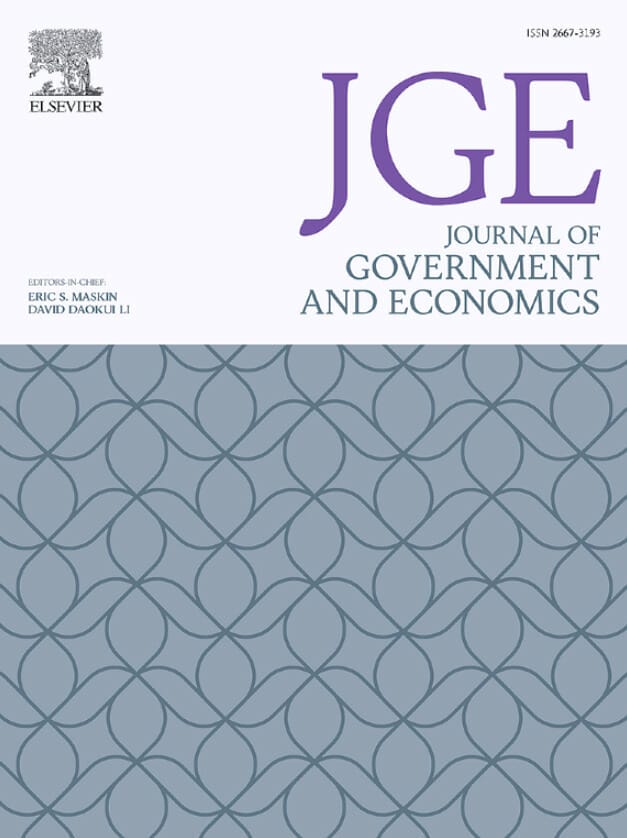
Predictable Country-Level Bias In The Reporting Of COVID-19 Deaths
(Journal of Government and Economics, August 2021)

What Drives Corporate Social Performance? The Role of Nation-level Institutions (Winner of the 2022 JIBS Decade Award)
(Journal of International Business Studies, December 2012)
